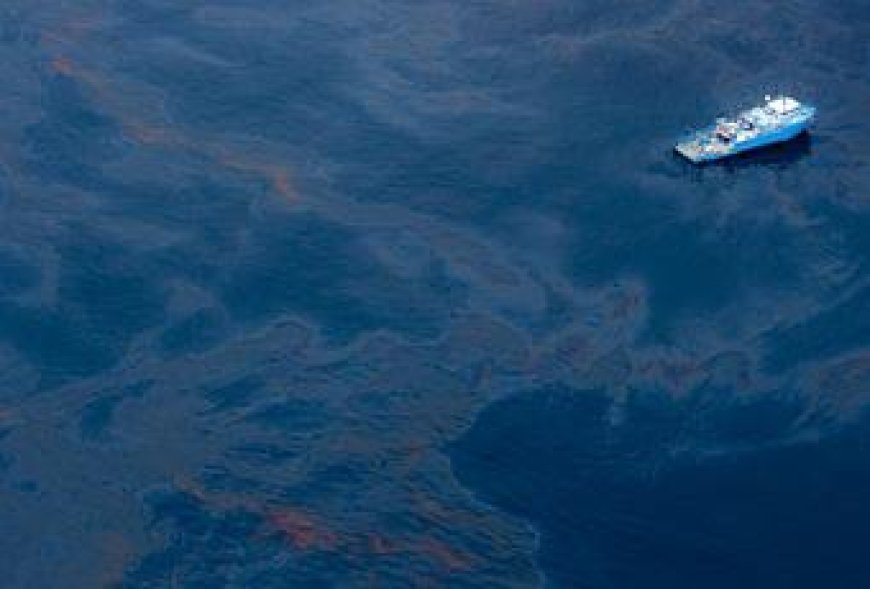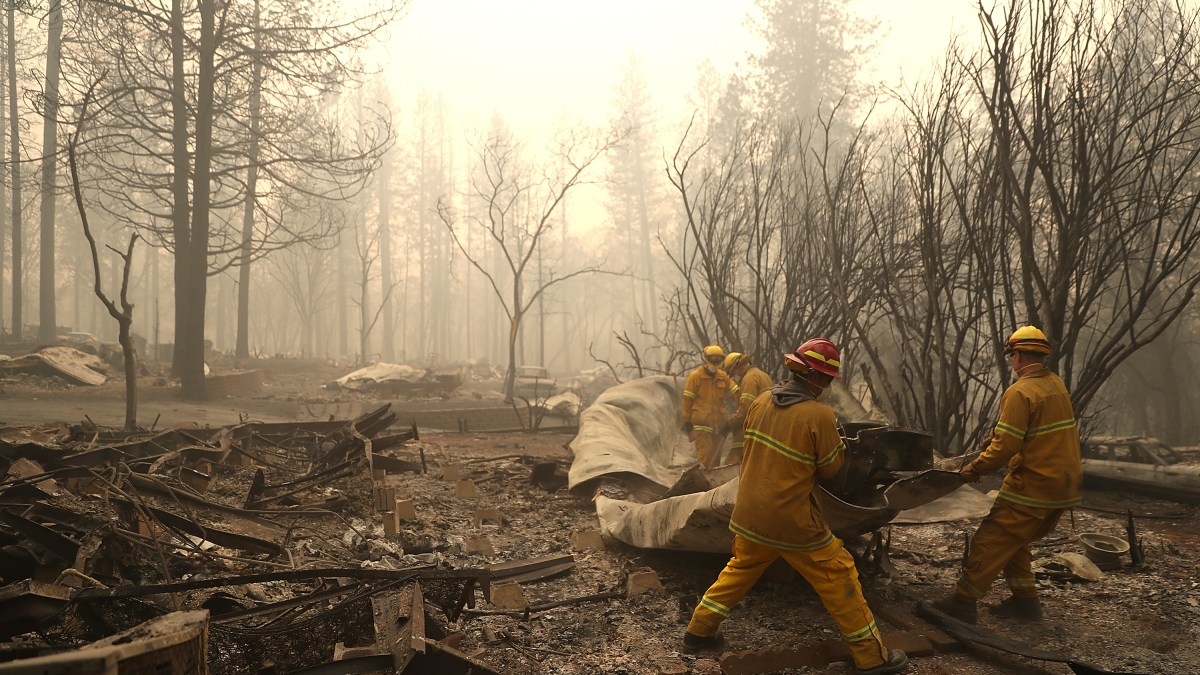Collaboration To Avoid Another Oil Leakage Incident
The Department of ecosystem and Natural Resources said it will collaborate with local shipowners to avoid a repeat of the Oriental Mindoro oil disaster, which is endangering the marine ecosystem and affecting fishers’ livelihoods.

Key Measures in the Collaboration
1. Stricter Safety Regulations for Oil Transport
Government agencies are revising policies on oil transport, including stricter vessel inspections, improved pipeline monitoring, and updated response protocols in case of leaks. MARINA is considering higher penalties for companies found violating safety regulations.
2. Advanced Technology for Leak Detection
Oil companies operating in the Philippines are investing in AI-powered leak detection systems, satellite monitoring, and real-time tracking of oil tankers to quickly identify and respond to any potential spills.
3. Stronger Coordination Between Public and Private Sectors
Oil firms such as Petron, Shell, and Chevron are working with the Philippine Coast Guard to enhance training programs for oil spill response teams and increase the availability of containment booms and chemical dispersants.
4. Community Involvement and Environmental Rehabilitation
Local coastal communities are being trained in oil spill response to ensure faster mitigation efforts in case of an emergency. Meanwhile, NGOs and environmental groups are advocating for the protection of marine biodiversity and restoration of affected ecosystems.
Preventing Another Ecological Disaster
The 2023 Mindoro oil spill resulted in over 26,000 affected fishermen, thousands of hectares of marine habitat damaged, and millions of pesos in economic losses. Experts say that proactive measures, rather than reactive responses, are necessary to prevent another catastrophe.
“The Philippine economy heavily relies on our seas for fisheries, tourism, and transportation. An oil spill doesn’t just damage the environment—it destroys livelihoods,” said marine biologist Dr. Gregorio Santos.
Looking Ahead
The government is now urging Congress to pass stricter maritime pollution laws, including higher fines for oil spills, mandatory insurance for oil companies, and the establishment of a national oil spill response fund.
While the risk of oil spills remains, this strengthened collaboration between the government, private sector, and local communities aims to reduce the likelihood of another major disaster.
What's Your Reaction?












/https://tf-cmsv2-smithsonianmag-media.s3.amazonaws.com/filer_public/54/66/546650fa-26a4-40fd-8d6d-5a7a04540f81/rosetta2.png)
:max_bytes(150000):strip_icc():focal(999x0:1001x2)/robert-prevost-050825-1-39395418ab494da5a3a700c9478e66c8.jpg)















































format(webp))
format(webp))


























